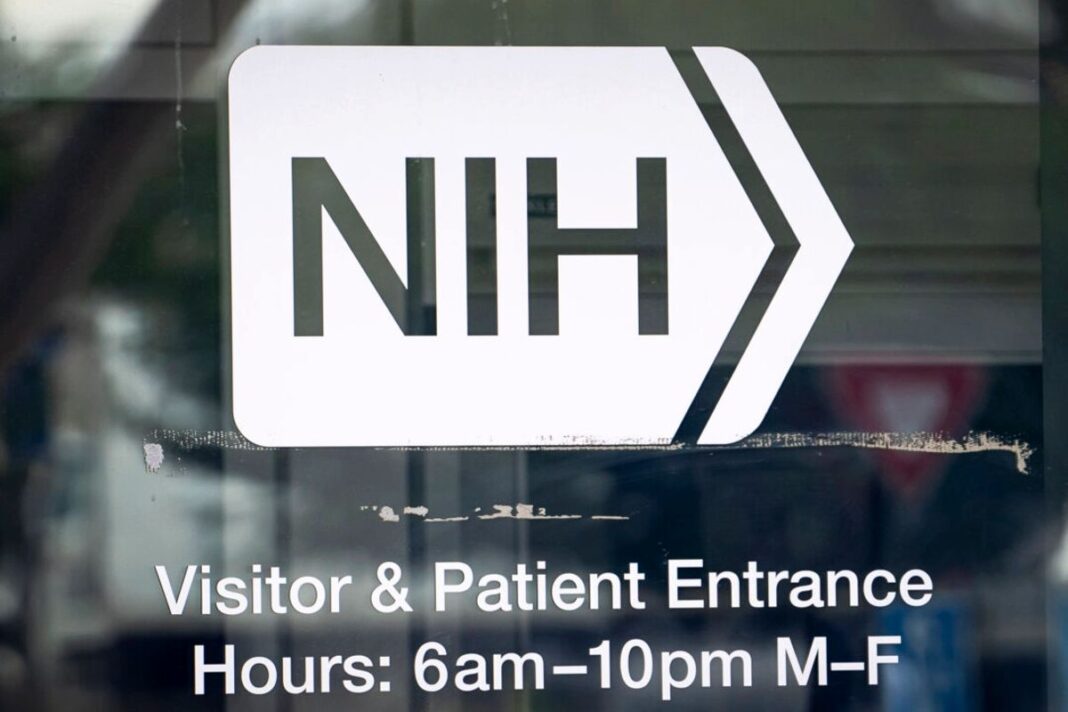After concern was raised, the agencies emphasized that the partnership will link existing research datasets, not create a new registry or track individuals.
The National Institutes of Health (NIH) and the Centers for Medicare & Medicaid Services (CMS) have launched a joint initiative to build a secure, real-world data platform aimed at uncovering the root causes of autism spectrum disorder, the agencies announced on May 7.
In a statement, NIH and CMS said the partnership will allow researchers to combine Medicare and Medicaid claims data with electronic medical records and consumer wearable information. The pilot phase will focus on individuals diagnosed with autism, with a longer-term goal of supporting broader research into chronic conditions.
“We’re using this partnership to uncover the root causes of autism and other chronic diseases,” said HHS Secretary Robert F. Kennedy Jr. “We’re pulling back the curtain—with full transparency and accountability—to deliver the honest answers families have waited far too long to hear.”
The NIH defines autism spectrum disorder as “a neurological and developmental disorder that affects how people interact with others, communicate, learn, and behave.”
Although autism can be diagnosed at any age, NIH says it’s “described as a ‘developmental disorder’ because symptoms generally appear in the first two years of life. ”
The initiative marks the first time that NIH and CMS will link this type of data across systems, with the agencies citing the need for secure, privacy-compliant access to real-world health information. The agencies said the project will begin with a data use agreement under CMS’s Research Data Disclosure Program and focus on Medicare and Medicaid beneficiaries with an autism diagnosis.
The announcement follows earlier public confusion after NIH Director Dr. Jay Bhattacharya described the initiative as an autism “registry,” prompting concern from advocacy groups. HHS later clarified that he was referring to the same data platform announced this week, emphasizing that it will link existing research datasets, not create a new registry or track individuals.
As part of the pilot, CMS and NIH teams will establish a technical mechanism for timely and secure data sharing. This will help establish a broader NIH platform to study health care use, chronic disease patterns, and the financial burden of illness, the agencies said.
By Chase Smith








